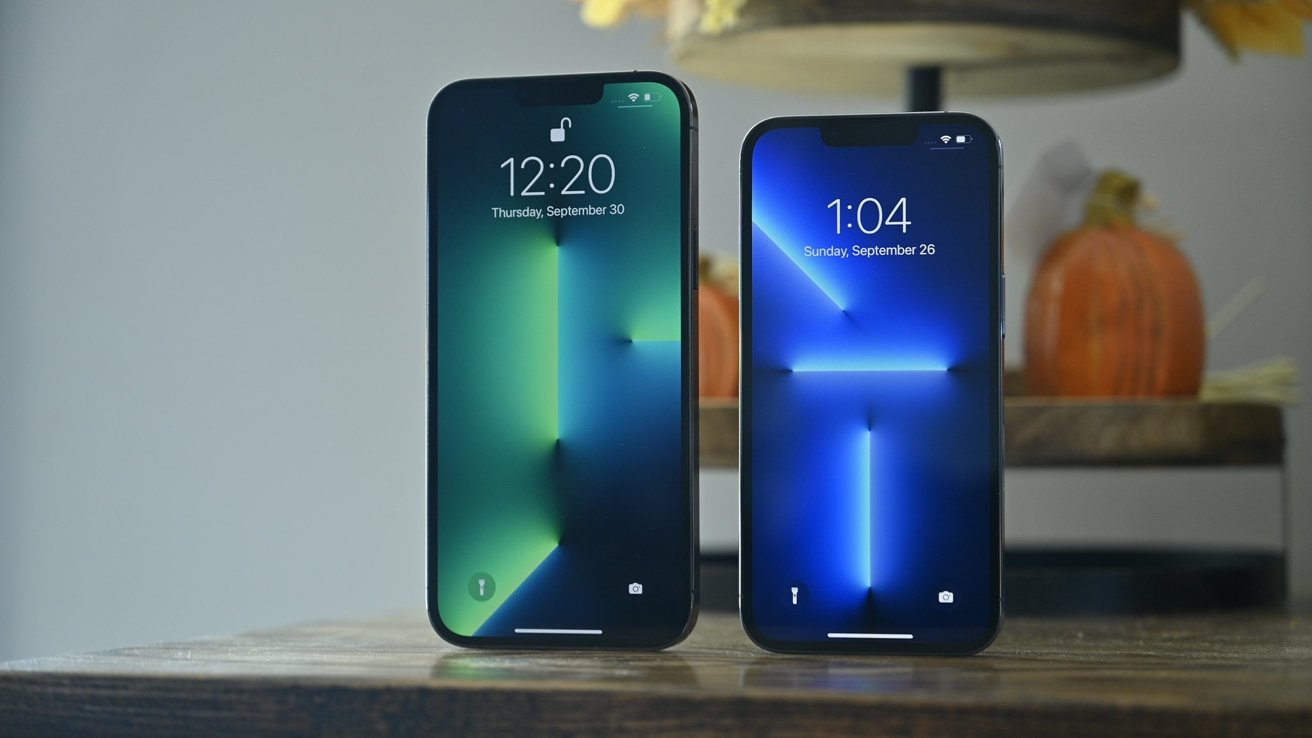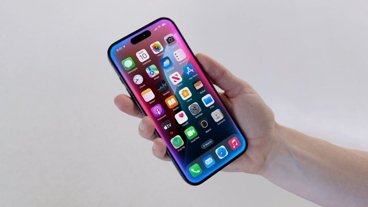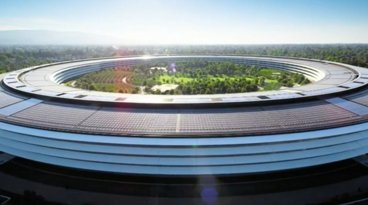Apple's iPhone growth story is looking robust heading into 2022 despite supply chain issues, while new product categories like "Apple Glass" could help Apple break into the "metaverse," according to Wedbush.
In a note to investors seen by AppleInsider, Wedbush lead analyst Daniel Ives writes that a number of factors — including supply data and Apple Store checks — are backing up his view that iPhone 13 demand is currently outstripping supply by about 10 million units.
However, while the focus has been on lingering supply chain issues and iPhone supply shortages, Ives says he is looking ahead to 2022, which he believes will be a key driver for Apple shares going forward.
For example, the analyst estimates that Apple could ship north of 40 million iPhone units during the busy holiday season despite the supply headwinds. Additionally, he believes iPhone growth both domestically and in the key market of China is trending "well ahead of Street in expectations."
Heading into 2022, Ives continues to believe that Apple will enjoy a robust "iPhone super cycle." Additionally, the introduction of a new AR headset or "Apple Glass" device could add at least $20 to Apple's sum-of-the-parts valuation. As such, the analyst calls Apple a "safety blanket tech name."
"We believe the fundamental story for Apple is strengthening into 2022 on the heels of the most robust Cupertino product cycle in the last decade," Ives writes. The bull/bear debate on Apple centers around how sustainable this product cycle is into 2022 and the valuation the stock deserves, although we believe the risk/reward is very favorable at current levels for this 'safety blanket' tech stalwart."
He also reiterated his belief that Apple could hit a $3 trillion market valuation in 2022, or sooner.
Ives maintains his 12-month Apple price target of $200, based on a sum-of-the-parts valuation using Wedbush's estimates. The valuation breaks down to an 18x multiple on Services at around $1.5 trillion, and a 7x multiple on Apple's hardware ecosystem at $2.1 trillion.
 Mike Peterson
Mike Peterson

-m.jpg)






 Marko Zivkovic
Marko Zivkovic
 Mike Wuerthele
Mike Wuerthele
 Christine McKee
Christine McKee
 Amber Neely
Amber Neely
 Wesley Hilliard
Wesley Hilliard

 William Gallagher
William Gallagher










6 Comments
Need to reset this valuation somehow lol. At this rate the company will have a valuation of $10 trillion in 5 years. How can you even begin to quantify that?